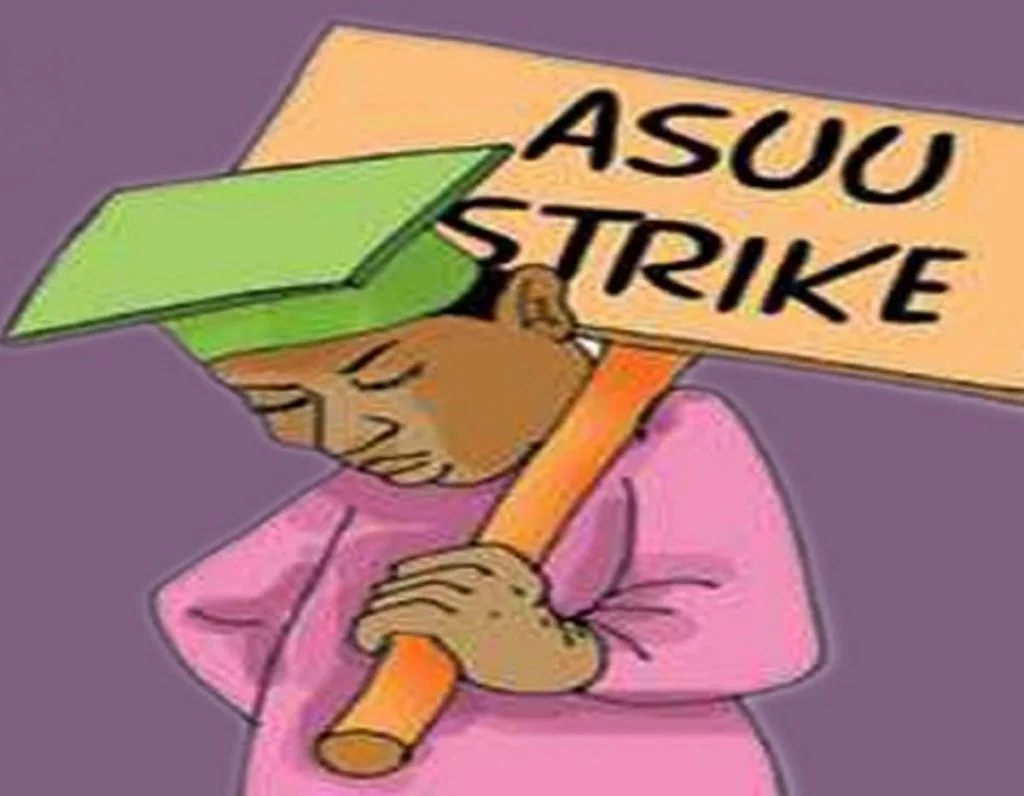Mega Screen, a once bubbling area at the temporary site of the University of Abuja is currently like a ghost town, it has been like that since February, Charmingpro reports
The students, who are the main lifeblood of this area, are currently at home waiting for news on when the strike will be over.
Alhaji Bagudu and many other petty traders, Mai Suya, Mai Shai and others are equally waiting for news on the call-off of the strike as the businesses depend on the students.
“In February, when the strike was declared, some of the students stayed, hoping it’s going to be a short strike. After a while, most left. Right now, it is pointless opening the shops. Some days, you don’t even make enough to cover transport,” Mr Bagudu said.
While attention has been on the plight of students, the entire university ecosystem goes beyond students and staff of the university, as several businesses depend on the university community to sustain.
From transportation to housing to hospitality and other businesses, these businesses are counting the cost of the shutdown of these schools.
“We lost 1 year of rent in 2020. And we have almost lost this year,” Aliyu Isiak, a house agent in Gwagwalada told Charmingpro
“Most houses will require massive renovation when students resume. Some of these houses have been taken over by rodents. In some cases, hoodlums and thieves have burgled some of the houses,” he added.
Most of these businesses depend on students. Their business models envisage short and long holidays, not strike, particularly the uncertainty associated with the strike.
In some instances, the entire economy depends on these schools. When students are on holiday or strike, the economy of that community relapses into a coma.
While the lecturers are insisting that their salaries while on strike must be paid, businesses around these schools continue to suffer without hope of assistance from the government.

